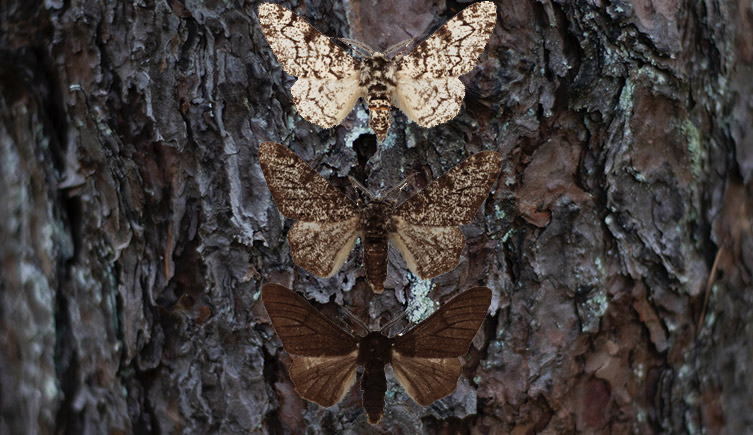The charge on a proton.
What is positive?
The side of the periodic table where you would find non-metals.
What is the right side?
The shape of a DNA molecule.
What is a double helix?
These are alternative forms of genes.
What are alleles?
The process where humans choose to breed particular organisms with desirable traits.
What is artificial selection?
The element with 10 electrons.
What is helium?
The name given to columns in the periodic table.
What are groups?
This is base pair for adenine
What is thymine?
In a genotype this type of letter shows a dominant allele.
What is a capital?
Certain traits that are advantageous to survival.
What are adaptations?
The number of neutrons in fluorine.
What is 10?
The name given to group 18 in the periodic table.
What are the noble gases?
A nucleotide is made up of a nitrogenous base, a pentose sugar and this.
What is phosphate?
This is the physical appearance of an organism as a result of a genotype.
What is phenotype?
The biotic or abiotic factor in an organism's environment which puts pressure on the organism's ability to survive.
What is selective pressure?
The element with the electron arrangement 2, 8, 3.
What is aluminium?
The name given to Group 1 on the periodic table.
What are alkali metals?
Each of the two threadlike strands into which a chromosome divides longitudinally during cell division
What is a chromatid?
The combination of a dominant and a recessive allele.
What is heterozygous?
The first principal or natural selection.
What is variation?
The number of energy levels an element in the 4th period would have.
What is 4?
The name given to the group on the period table which are highly reactive and have 7 valence electrons.
What are the halogens?
Meisosis stages include prophase, metaphase, anaphase and this stage which happens when a cell splits into two.
What is telophase?
The percentage of offspring with the recessive phenotype from two heterozygous parents.
What is 25%?
The moth most likely to pass on its genes.

What is the bottom moth?